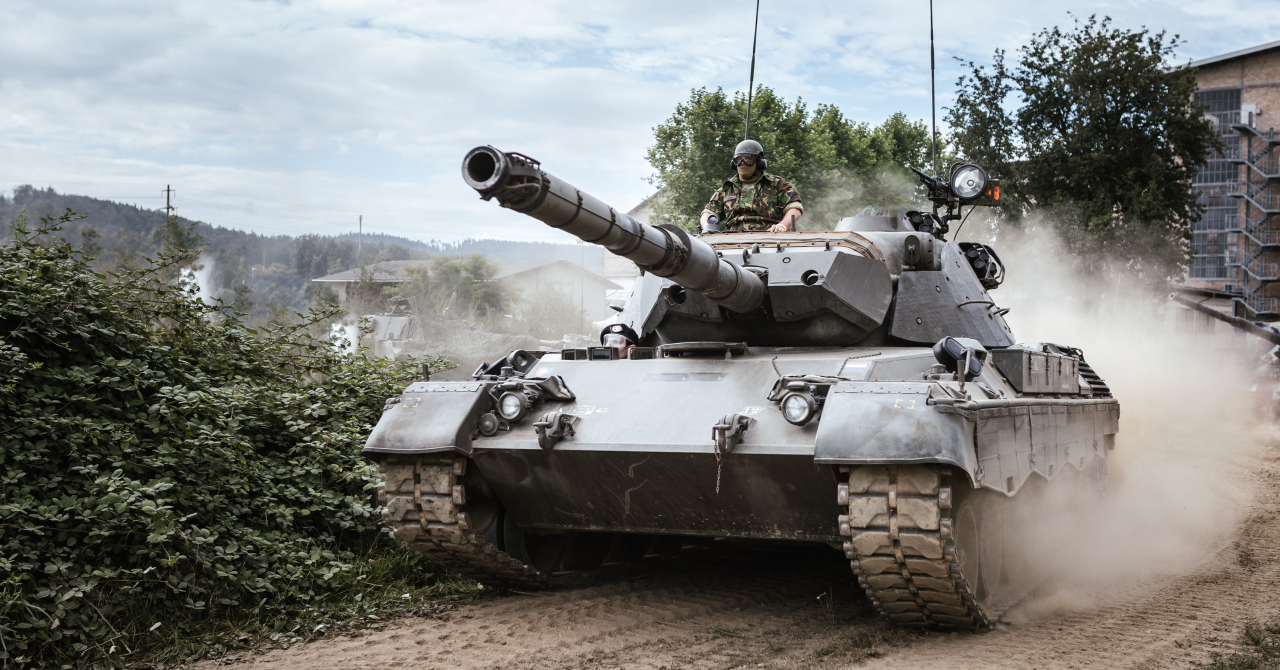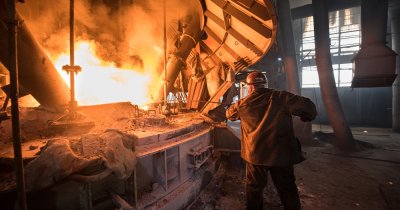According to CNBC, NATO chief Jens Stoltenberg, announced that the 30-state alliance plans to reduce its emissions by at least 45% by 2030 and to reach net-zero by half-century.
"It will not be easy. But it can be done. We cannot compromise our military effectiveness. NATO is about preserving peace through a credible deterrence and defense. Nothing is more important", the secretary-general stated.
"If we fail to preserve peace, we also fail to fight climate change. At the same time, we also have a responsibility to reduce emissions", he added.
Scientists for Global Responsibility reports that the world's armies, including their suppliers, account for as much as 6% of the total carbon emissions.
Still, military operations have been making the exception from following suit when it came to cutting carbon emissions when compared to other parts of the society.
Ben Neimark, senior lecturer at Lancaster University, said that "as if some of the largest polluters in the history of mankind by institution is going to somehow tell us that they are going to go net-zero without providing us the data plane which they are basing this pledge, and/or the meaningful cuts that are based on non-existing data. Right? It’s fairly disingenuous."
Jens Stoltenberg said that climate change is a "defining challenge of our time" and that "for NATO, this means three things. Increasing our understanding, adapting our Alliance and reducing our own emissions."
NATO agreed last year to “significantly reduce” greenhouse gas emissions from military operations and to “assess the feasibility” of reaching net-zero greenhouse gas emissions by 2050.
Still, Stuart Parkinson, executive director at Scientists for Global Responsibility, said that "now Russia has invaded Ukraine, all existing plans have been thrown out the window."
NATO announced on Monday, June 27th, that it plans to increase the number of its high-readiness forces to over 300.000 as the alliance experiences its "biggest overhaul of collective defense and deterrence since the Cold War."
NATO’s secretary-general said that an important measure in the plan to reach carbon neutrality by the half of the century will come from transitioning from fossil-fuels to more sustainable energy sources.
 Mihai - Cristian Ioniță
Mihai - Cristian Ioniță












Any thoughts?